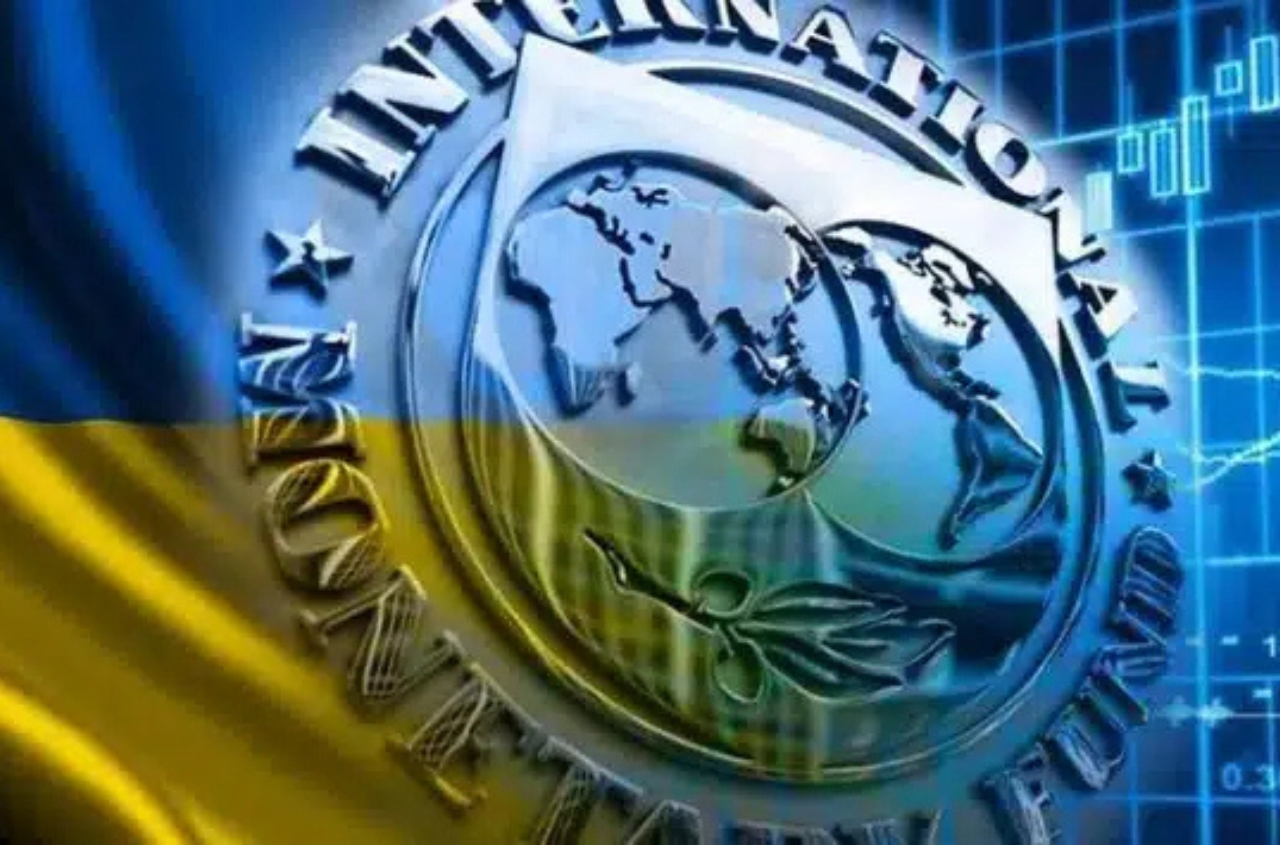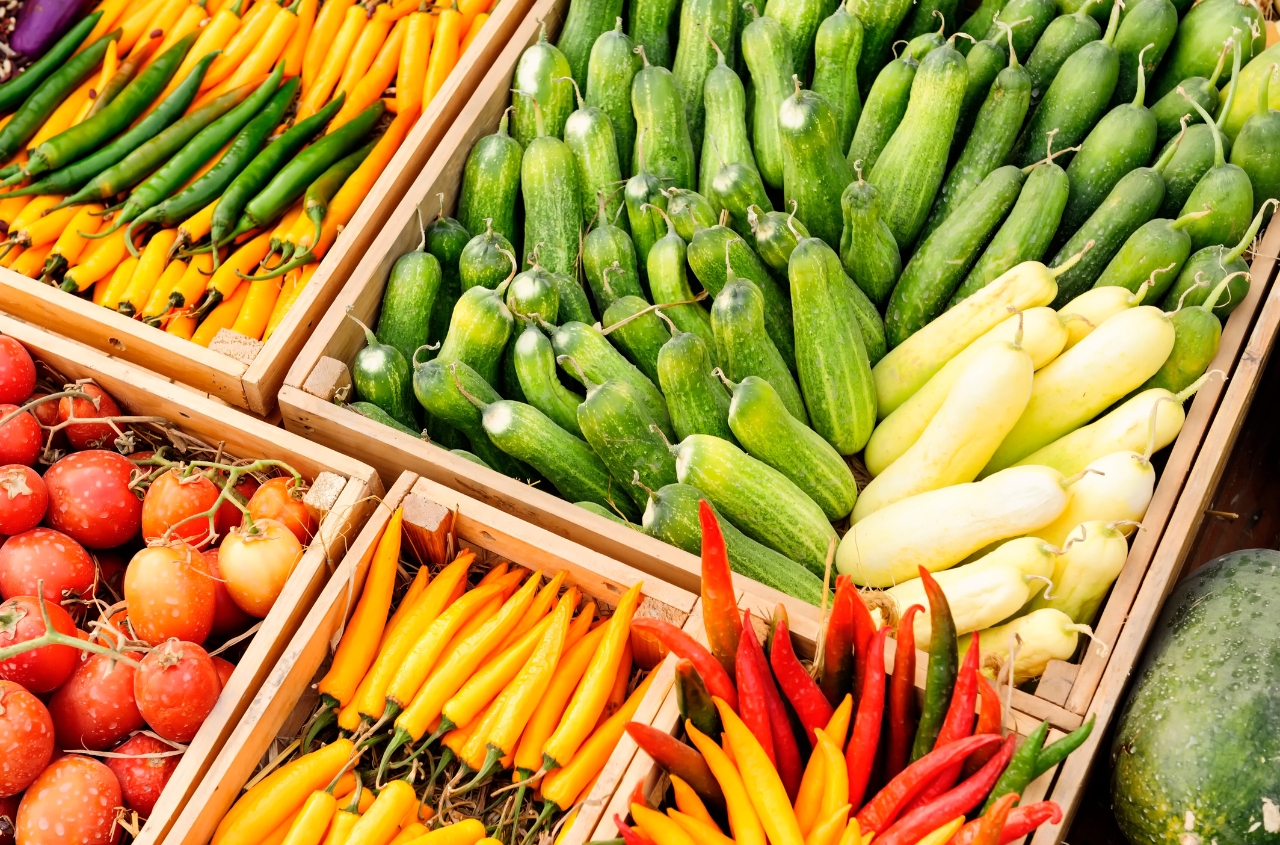Ukraine, the European Commission, and neighboring countries—Poland, Slovakia, Hungary, Romania, and Bulgaria—discussed the state of trade in the region.
The meeting took place in Brussels as part of the 14th Meeting of the Joint Coordination Platform for the Export and Transit of Ukrainian Agricultural Products, as reported by Ukraine's trade representative and Deputy Minister of Economy Taras Kachka.
According to him, the greatest contribution to the normalization of trade flows between Ukraine and neighboring EU member states is the active operation of Ukrainian ports: "Pivdenny," "Chornomorsk," and "Odesa."
"This, in turn, depends on the effective protection of these ports and infrastructure in the region from Russian shelling. All efforts to establish exports through the Danube have made this corridor efficient in terms of cost, and it has become an important addition to exports from Ukraine's seaports," noted Taras Kachka.
These efforts have also allowed for a more active use of land export routes—rail and road transport. In particular, for exporting other goods from Ukraine, especially those in the industrial group with higher added value, as well as for supplying vital products to Ukraine, such as fuel.
He also added that work on concluding agreements on joint controls at crossing points has begun to make progress. The European Commission has provided its comments on the relevant agreement with the Polish government.
"This step, although bureaucratic, is an important sign that, unlike previous attempts, this time we see both the EU and Poland's willingness to finalize the agreement. The agreement between Romania and Moldova is also at the final stage of implementation. This means that relevant agreements with all neighboring member states will be concluded in the near future. Furthermore, the Agreement on Common Transit has also actively started working. Thus, the response to the crisis phenomena has yielded results in better efficiency at the border between Ukraine and the EU," explained Ukraine's trade representative.
Participants in the meeting also assessed the forecasts for the production and consumption of grains and oilseeds. The reduction in production in the EU and Ukraine means that open borders should help both the EU and Ukraine to ensure the functioning of their food systems as efficiently as possible.
The Deputy Minister emphasized that all of this creates opportunities to resolve remaining trade issues in the region and define trade parameters for the period after June 2025.
"At meetings with the cabinets of the commissioners involved in trade issues and representatives of DG Trade, we established a work schedule for the coming months, taking into account the formation of a new commission. The parameters for trade in sensitive goods and mechanisms for responding to challenges in the region will be defined by the end of the year," Taras Kachka reported.



















